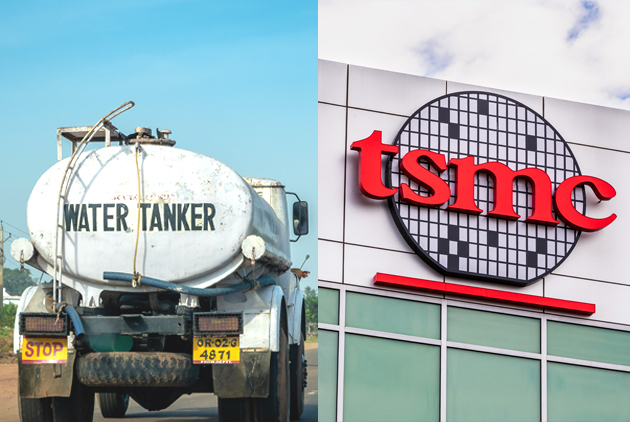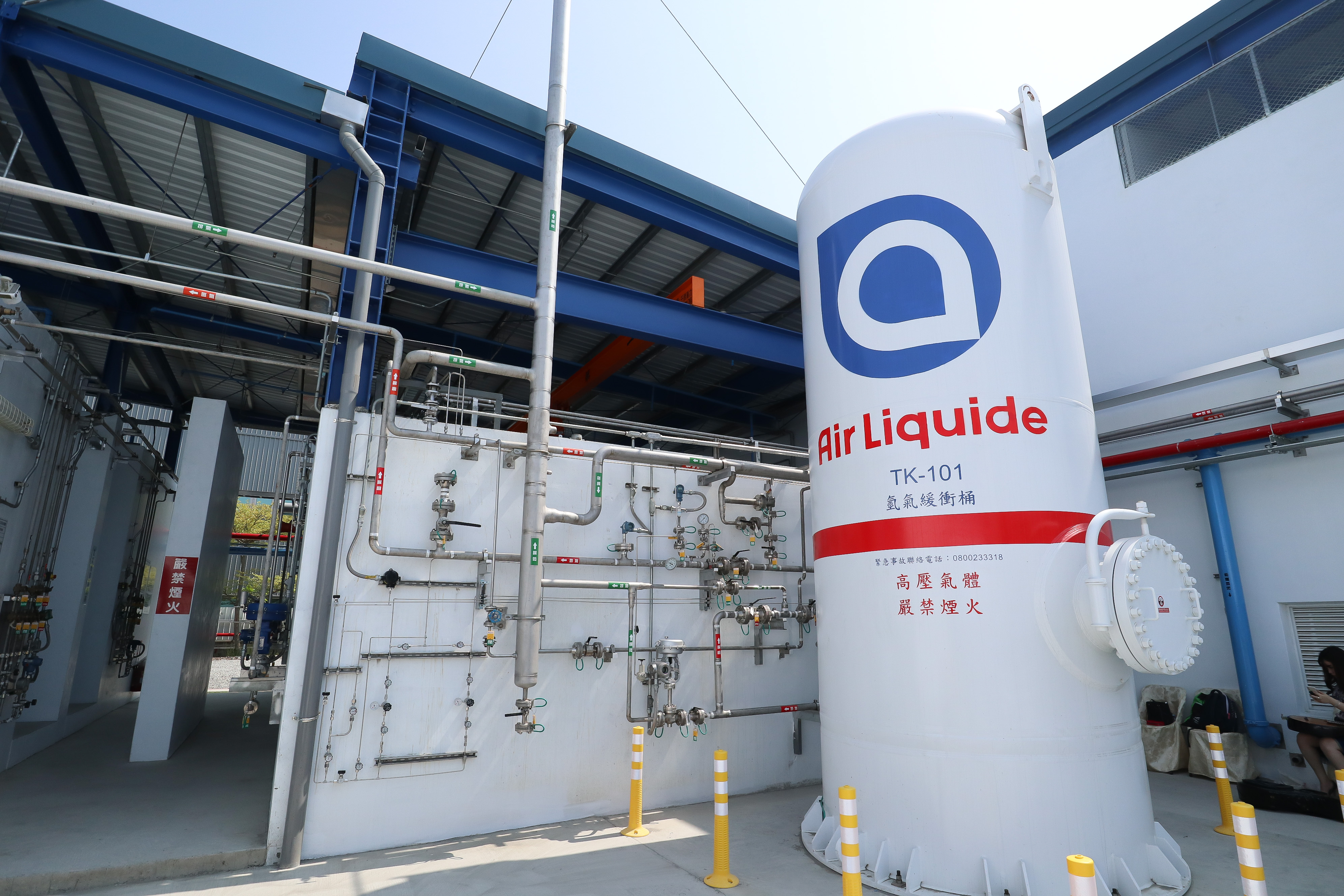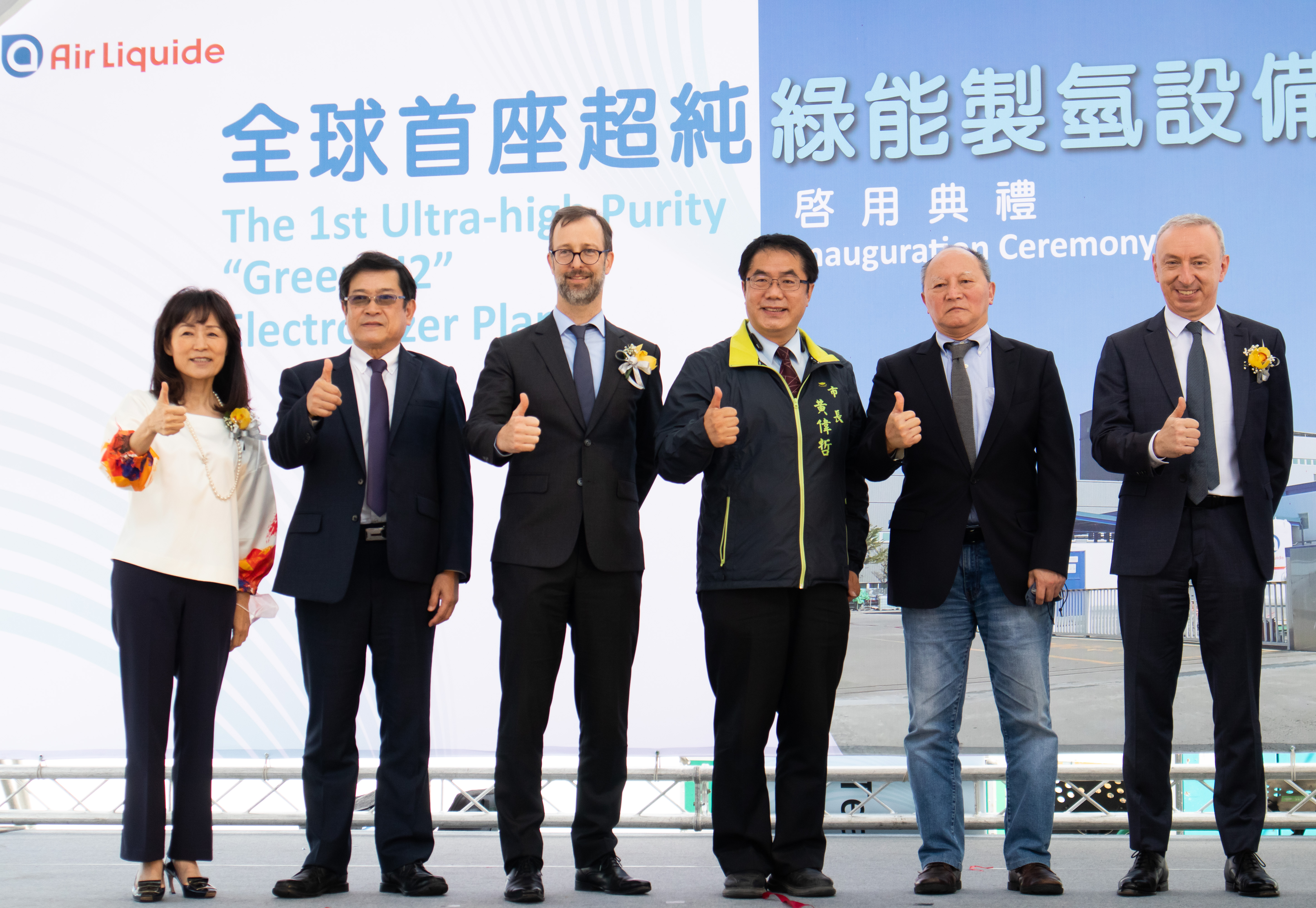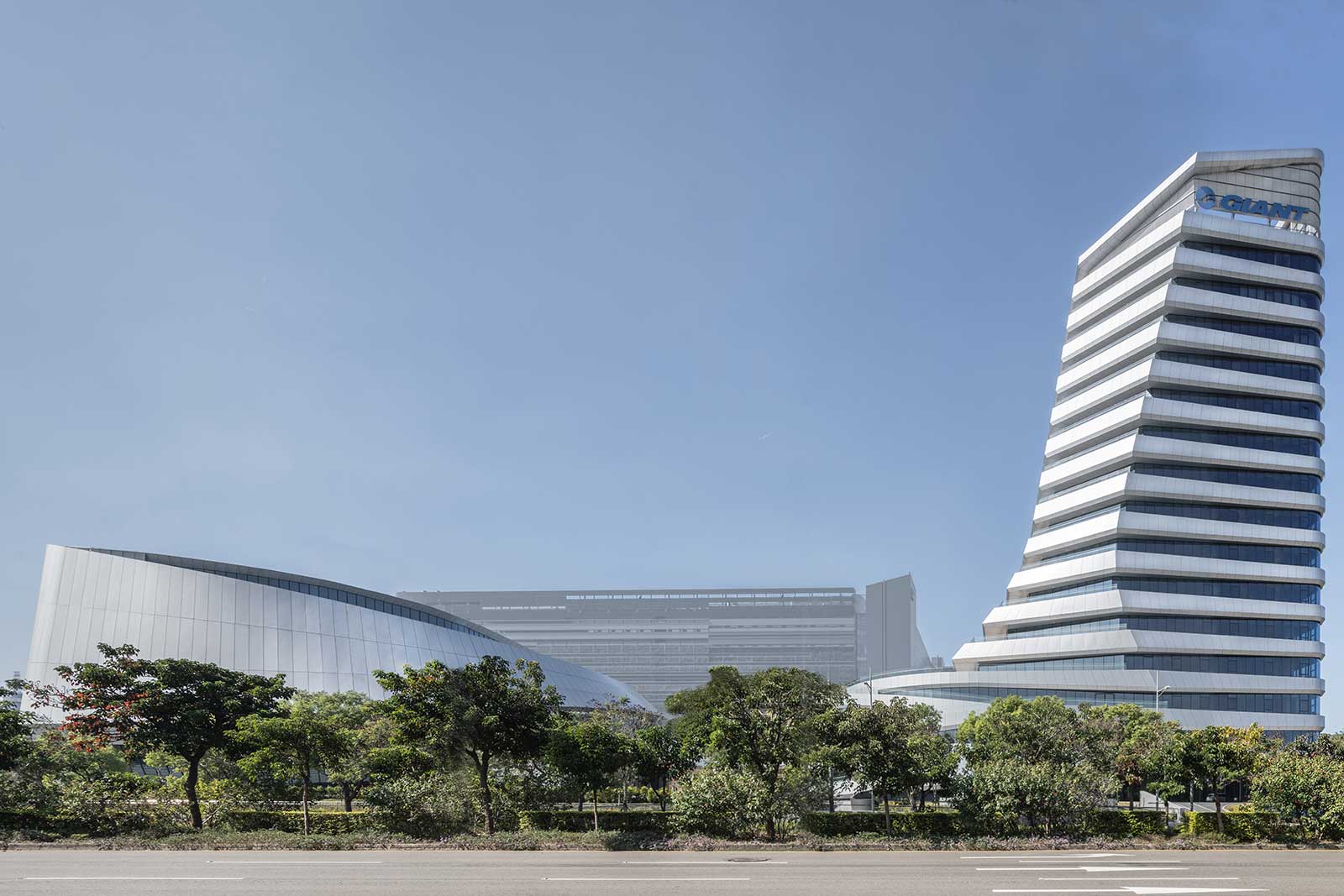The Rundown: Water Shortage Takes Toll on Industries

Source:Shutterstock
A weekly snapshot of Taiwan business news stories brought to you by CommonWealth and AmCham Taiwan’s TOPICS.
Views
The Rundown: Water Shortage Takes Toll on Industries
By CommonWealth/AmCham Taiwan’s TOPICSweb only
Water Shortage Takes Toll on Industries
While Taiwan relies on typhoons for 60% of its water usage needs, the absence of these severe weather events this past year has resulted the island’s worst water shortage in over five decades. Record low rainfall has worsened the drought and Taiwan’s reservoirs are expected to fall to 50% of their capacity.
According to a report produced by major water user Taiwan Semiconductor Manufacturing Company (TSMC), the chipmaker’s primary facilities consume around 58 million tons of water per year. TSMC has spent NT$200 million (US$7.03 million) on more than 100 water tank trucks to maintain manufacturing capacity amid the water shortage. If the shortage continues, it will likely cost the chipmaker another NT$500 million (US$17.6 million) for water trucks.
LCD panel manufacturers also prepared backup tanker trucks to support production in case of assembly line disruptions.
Premier Su on March 18 announced plans to impose a 15% water consumption surcharge on 1,817 factories that use more than 10,000 tons of water per month. Addressing questions from legislators on March 17, Minister of Economic Affairs Wang Mei-hua noted that draft regulations on water usage fees are expected to be passed at the end of the year, and implemented by 2022 at the earliest.

(Source: CommonWealth Mazagine)
Air Liquide Opens First “Green” Hydrogen Plant in Tainan
Air Liquide Far Eastern (ALFE), a joint venture between Paris-based Air Liquide and Taiwan’s Far Eastern Group, on March 18 opened its first 25-megawatt low-carbon hydrogen electrolyzer plant in Tainan. The new facility will help supply ultra-pure hydrogen gas to the semiconductor industry and assist in the development of various hydrogen energy applications in Taiwan.
The company will continue construction on the remaining five hydrogen facilities it has planned in Tainan and Hsinchu over the next two years. Once completed, the plants will be able to produce a combined 5,000 cubic nanometers of ultra-pure hydrogen gas.
 (Source: CommonWealth Mazagine)
(Source: CommonWealth Mazagine)
Hydrogen gases are used in extreme ultraviolet lithography (EUV) applications to meet the semiconductor industry’s environmental objectives. The most widely used method to produce hydrogen, called methane steam-reforming, is highly polluting and relies heavily on fossil fuels. However, once supplied with renewable energy sources, ALFE predicts their new hydrogen plants will reduce carbon dioxide (CO2) emissions by 35,000 tons annually.
 (Source: CommonWealth Mazagine)
(Source: CommonWealth Mazagine)
Taiwan’s bicycle makers’ benefit from continued demand
As the COVID-19 pandemic spread around the world last year, affecting people’s work and lifestyle habits, market demand for bicycles began heating up. Taiwan’s main two bicycle producers Giant Manufacturing Co. and Merida, profited handsomely from this increased demand. The market outlook for both of the companies, as well as major roller chain manufacturer KMC Chain Industrial looks favorable in 2021 as well.
Giant is one of Taiwan’s few global brands, and at 10% market share, is the world’s biggest bike brand. In 2020, its revenue surpassed NT$70 billion (US$2.5 billion), representing growth of 10.41%. Its after-tax net profit for 2020 was NT$3.63 billion (US$127.7 million), up 32.4% from the year before.
Giant has pointed to robust global demand for bicycles and e-bikes. In February, the company’s brands experienced growth in three major markets. Giant’s U.S. affiliate reported revenue growth of more than 50% compared to the same month last year, while revenue for its European and Chinese operations grew more than 20% and 150%, respectively.
Meanwhile, Merida’s revenue in February grew 43.74% year-on-year. As March is a peak sales month in China, the company has an even rosier outlook for this month than last.
Although the bicycle supply chain continues to increase production, distributors are still facing a supply shortage. Specialized Bicycles, a leading brand globally, expects that the world’s bicycle producers will be unable to replenish their inventory within the next five years. Given this, the bicycle industry looks to continue doing very well until at least 2025.
Translated by Jason Wu, AmCham Taiwan
Edited by Jeremy Olivier
Uploaded by Penny Chiang






